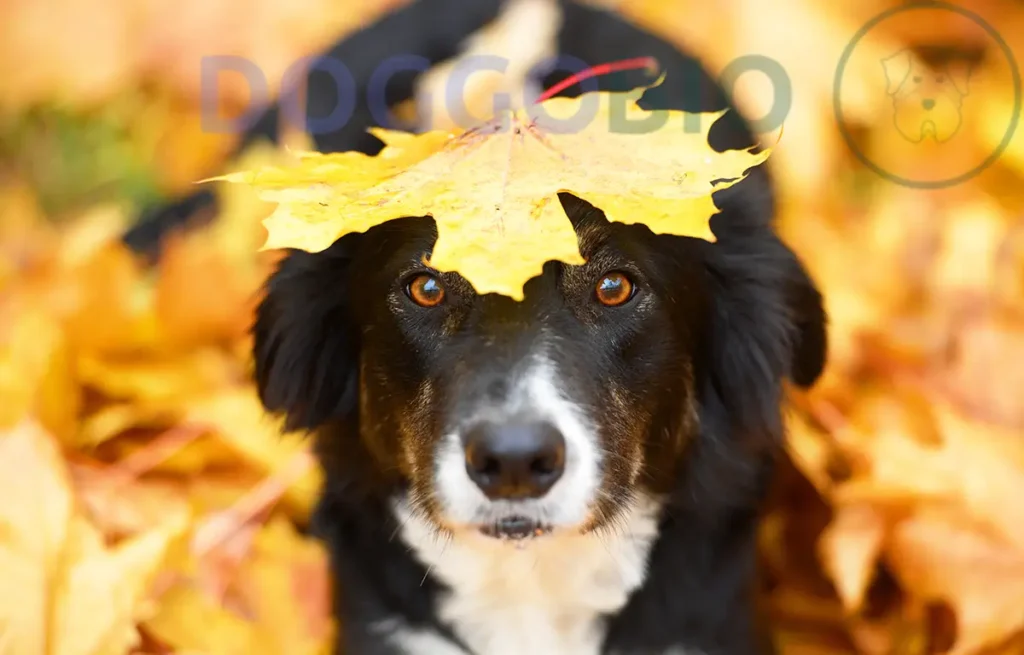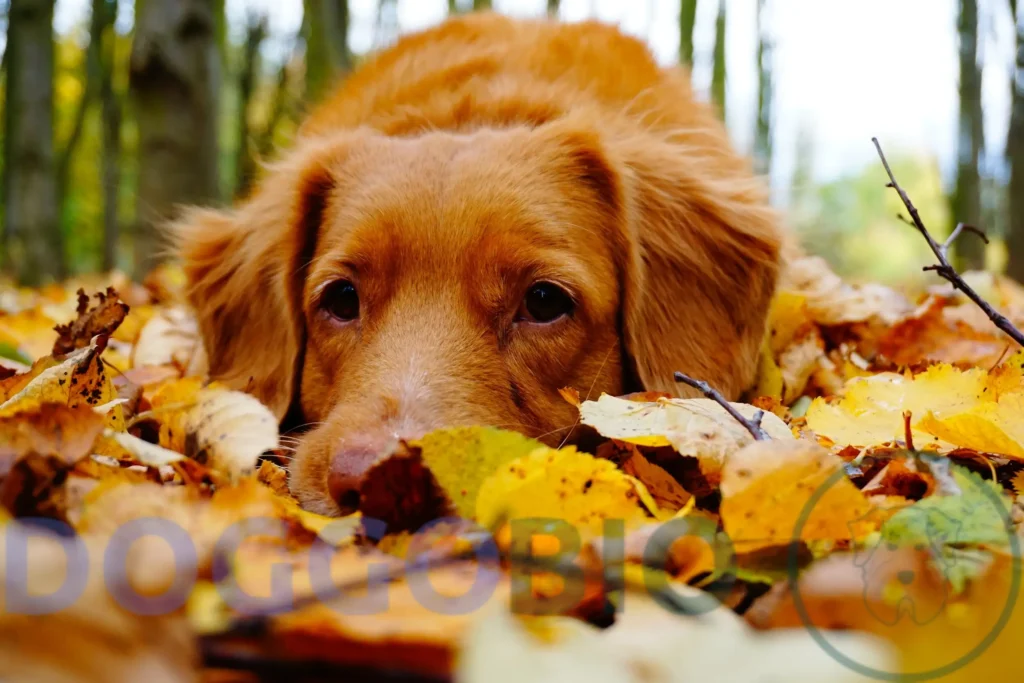“Can Dogs Eat Bay Leaves?” is a common question pet owners often ponder when considering safe dietary options for their furry companions. The short answer is no, dogs should not eat bay leaves. While these leaves are a common ingredient in human cuisine, they present specific risks to canine health.
This article delves into why bay leaves are unsuitable for dogs, highlighting the potential physical harm and toxic effects they can have when ingested by our four-legged friends.
Can Dogs Eat Bay Leaves?

No, dogs should not eat bay leaves. Bay leaves are not inherently toxic to dogs but pose significant risks. The sharp edges of bay leaves can cause physical harm to a dog’s internal organs.
Additionally, certain compounds in bay leaves can harm dogs if ingested in large quantities. Therefore, it’s best to avoid giving bay leaves to dogs.
Potential Risks of Feeding Bay Leaves to Dogs
While bay leaves can benefit dogs, there are also potential risks. These include:

- Choking hazard: Bay leaves are small and can be a choking hazard for dogs, especially smaller breeds or those who like to swallow their food whole.
- Digestive upset: Consuming too many bay leaves can cause digestive upset in dogs, leading to symptoms such as vomiting and diarrhea.
- Toxicity: Some plants in the same family as bay leaves, such as cherry laurel, can be toxic to dogs. While bay leaves are not poisonous, ensuring your dog is not consuming other plants in the area is essential.
Can Dogs Eat Bay Leaf Seasoning?
No. Bay leaf seasoning is a popular spice blend with dried bay leaves and other herbs and spices. While the individual ingredients in bay leaf seasoning may be safe for dogs, avoiding this seasoning is best. The reason is that it often contains added salt, which can harm dogs in large quantities.
Additionally, some blends may contain other ingredients that can be toxic to dogs, such as garlic or onion powder.
Alternatives To Bay Leaf Seasoning For Dogs
If you want to add flavor to your dog’s food, there are safer alternatives to bay leaf seasoning. These include:

- Fresh herbs: Instead of dried herbs, opt for fresh ones like parsley, basil, or oregano. These can provide similar flavors without the added salt and other potentially harmful ingredients.
- Homemade blends: You can make your blends at home using dog-safe ingredients. This way, you have complete control over what goes into your dog’s food.
- Dog-friendly seasonings: Some companies use natural and safe ingredients to make dog seasonings. These can be a great option if you want to add some variety to your dog’s meals.
Frequently Asked Questions
Can Bay Leaves Be Toxic To Dogs?
No, bay leaves themselves are not toxic to dogs. However, they should still be given in moderation and under supervision to prevent potential risks.
Can Dogs Eat Bay Leaf Tea?
No. Bay leaf tea is not recommended for dogs as it may contain other ingredients that can be harmful to them, such as caffeine or sugar.
Are There Any Health Benefits Of Giving Bay Leaves To Dogs?
Yes, in moderation, bay leaves can provide some health benefits for dogs, such as reducing inflammation and aiding digestion.
Can Bay Leaves Help With My Dog’s Bad Breath?
Chewing on a bay leaf can help freshen your dog’s breath naturally, but addressing the underlying cause of bad breath, such as dental issues or poor oral hygiene, is essential.
How Do I Know If My Dog Has Consumed Too Much Bay Leaves?
If your dog has consumed too many bay leaves, they may experience symptoms such as vomiting, diarrhea, or stomach upset. If you notice these signs, contact your veterinarian for advice.
Conclusion
In conclusion, when it comes to the question, “Can Dogs Eat Bay Leaves?” the answer is unequivocal: no, they should not. Bay leaves, while not inherently toxic, pose significant risks to dogs due to their sharp edges and certain compounds they contain. These risks can lead to potential physical harm and other health issues if ingested by dogs.
Therefore, pet owners must be mindful of this and ensure that bay leaves are kept out of reach of their canine companions to maintain their health and well-being.
